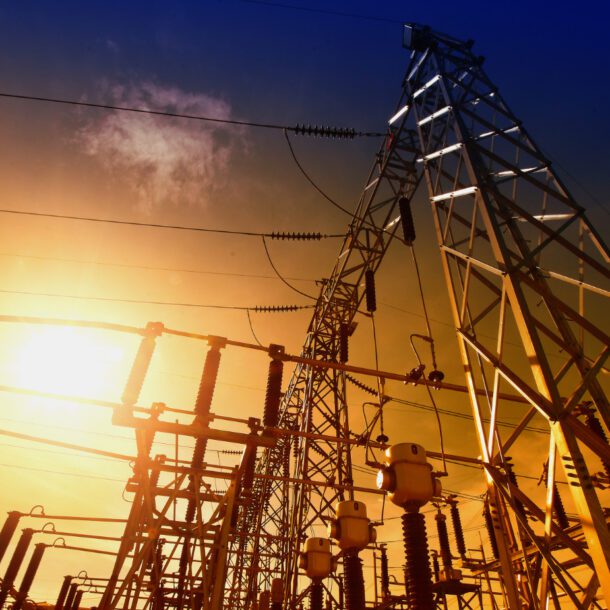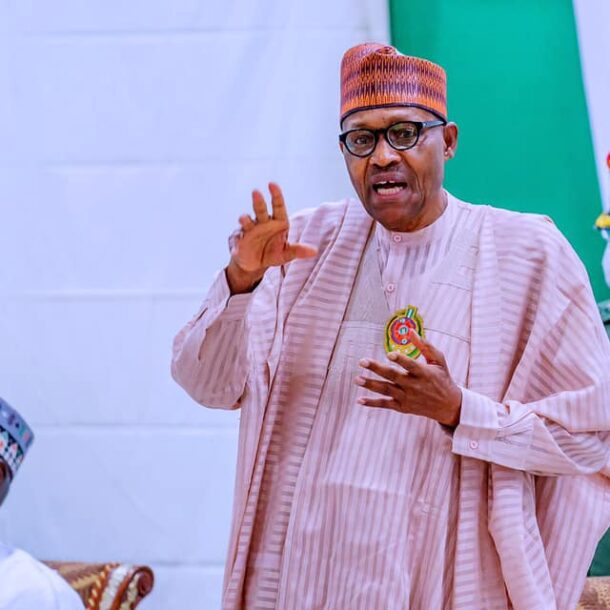
Intellectual Property Protection: Major Concerns of Social Media Influencers and Content Creators in Nigeria
By FSAdmin
Social media influencing and content creation forms a major part of the fast-evolving technological advancement in the media and internet space. Social media influencing involves the use of social media to establish credibility, access a large audience and disseminate information to persuade the targeted audience.1 On the other hand, content creation involves the ideation, production and sharing of content that connects the creator, the subject of the creation and the prospective audience. Players in these ventures are called “Social media influencers” and “Content creators” respectively.
Digital content platforms such as webpages, blogs, infographics, social media platforms like Facebook, TikTok, Instagram, YouTube, Twitter, and sometimes LinkedIn are commonly used by social media influencers and content creators to amass large followings and subscriptions.
In recent times, social media influencing and content creation have gained popularity as an effective means of advertising and marketing. These social media influencers and content creators have leveraged on their large followings and subscriptions to partner with brands and promote products and services in exchange for monetary compensation, free products, or discounts.
The extent of time and intellectual resources invested by social media influencers and content creators to produce high-quality content on specific trends, products and industries makes the protection of their Intellectual Property Rights (IPRs) a major concern. It is for this reason, among others that this article seeks to highlight the different types of IPRs and the protection available for social media influencers and content creators under the extant laws in Nigeria.
Clients
Privacy Policy
Terms of Service
Address
128B, Association Road, Dolphin Estate, Ikoyi, Lagos



